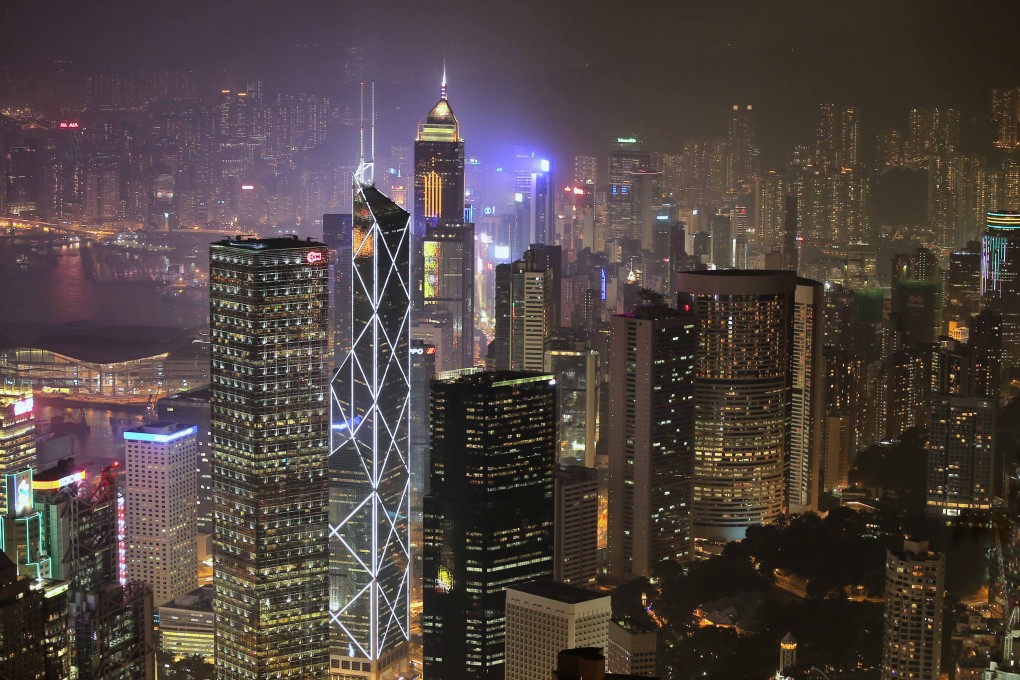Advertisement
The Hongcouver | Why HK-style property tax may not cure Vancouver's China syndrome
Reading Time:3 minutes
Why you can trust SCMP

Ian Youngin Vancouver
Does Vancouver need a Hong Kong-style tax on foreign home buyers to ease the problem of mainland Chinese demand?
The question is more complicated than it appears at first blush, mainly because Vancouverites can’t agree on whether such demand exists, and, if it does, whether it’s a problem. They also can’t seem to agree on what, exactly, constitutes a foreign buyer.
On Twitter, ever a source of hard-reasoned debate, I was last week informed in no uncertain terms (warning: strong language) that suggestions of a link between Chinese buyers and Vancouver’s berserk property prices were based on anecdotal claims, not “real evidence”.
Advertisement
The proposition was supported by a Globe and Mail article whose headline seemed unequivocal: There’s scant evidence behind the myth about foreign buyers of Vancouver real estate.
Perhaps the question should not be whether Vancouver has a problem with foreign buyers, but whether it has a problem with foreign money
A key piece of statistical evidence furnished in the “myth” article seemed pretty clear: data produced by the Landcor company last year supposedly showed only 0.2 per cent of Vancouver residential property buyers in 2012 lived outside Canada.
Advertisement
Advertisement
Select Voice
Choose your listening speed
Get through articles 2x faster
1.25x
250 WPM
Slow
Average
Fast
1.25x
